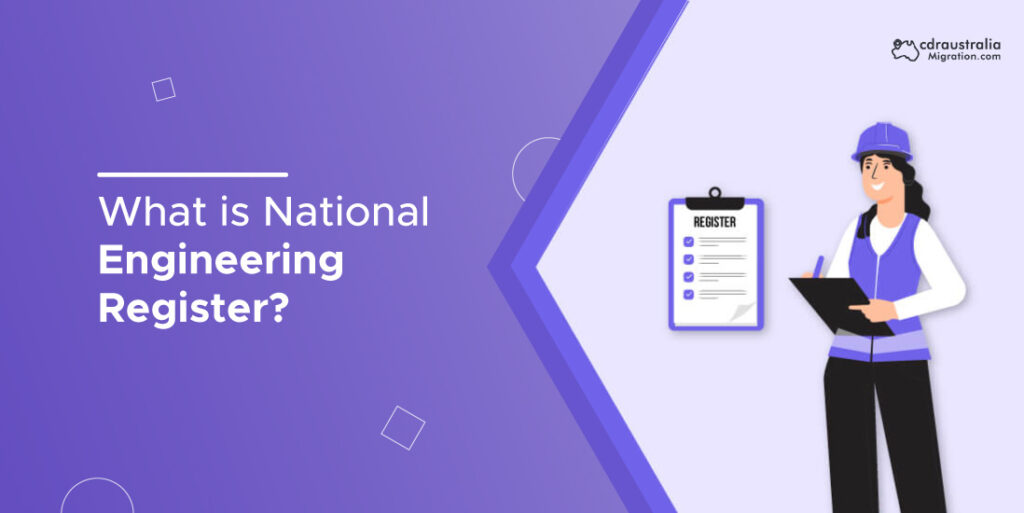National Engineering Register (NER) is for the engineers who want to show their experience, abilities, and skills to the engineering industry in Australia.
Engineers Australia has built a platform for professionals to demonstrate their abilities in National Engineering Register.
As a result, you will have the chance to advance in their careers. So, if you’re interested in joining the National Directory of Engineers, this article will give you all the details you need to know about the eligibility criteria, advantages, areas of practice, and other essential aspects of the National Engineering Register Australia.
Why should you Register to the National Engineering Register (NER) Australia?
Throughout Australia, the National Engineering Register is regarded as a mark of excellence and professionalism. Whether you’ve registered in this directory, you’ll be included in a public database that the wider population can access.
This ensures you will be recognized as a professional engineer with the academic credentials, professional experience, and competencies that the engineering industries need.
The National Engineering Registry is not like any other government-run directory of limited practice areas. It has a wide range of applications for employers who can use the information in this register to select skilled engineers for their business. It’s a way for talented and capable engineers to gain status and recognition in the engineering community.
The eligibility Criteria for NER Engineer Australia
National Engineering Register Australia establishes strict eligibility requirements for engineers in order for them to register with the NER. The following is a list of prerequisites:
- The applicants should have a relevant qualification
- The applicants should have a relevant professional experience
- The applicants should commit themselves to ethical behaviour.
- The applicants should maintain a CPD
- The applicants should have the benefit of PI insurance
NER Area of practice
An applicant’s Areas of Practice reflect the engineering career in which your expertise and work are aligned. Your areas of practice are determined largely by your formal and informally education and work experience.
An applicant’s Areas of Practice denote the engineering specialty in which the applicant’s expertise and work are compatible. The applicant’s formal and informal education, as well as work experience, determine the fields of practice.
NER General Area of Practice
| Aerospace Engineering | Biomedical Engineering |
|---|---|
| Chemical Engineering | Civil Engineering |
| Electrical Engineering | Environment Engineering |
| Information, Telecommunication and Electronics Engineering | Mechanical Engineering |
| Structural Engineering |
NER Special Area of Practice
| Amusement Rides and Devices in Services inspection | Building Services Engineering |
|---|---|
| Fire Safety Engineering | Heritage and Conservation Engineering |
| Leadership and Management | Naval Architecture |
| Oil and Gas Pipeline Engineering | Petroleum Engineering |
| Pressure Equipment Design Verification |
Application Process for NER Register
Step 1 Providing Work Experience Statement.
Step 2 Uploading the Continuing Professional Development statement (CPD).
Step 3 Nomination of professional referees.
Step 4 Self-assessment of PI Insurance.
Step 5 Personal interview.



